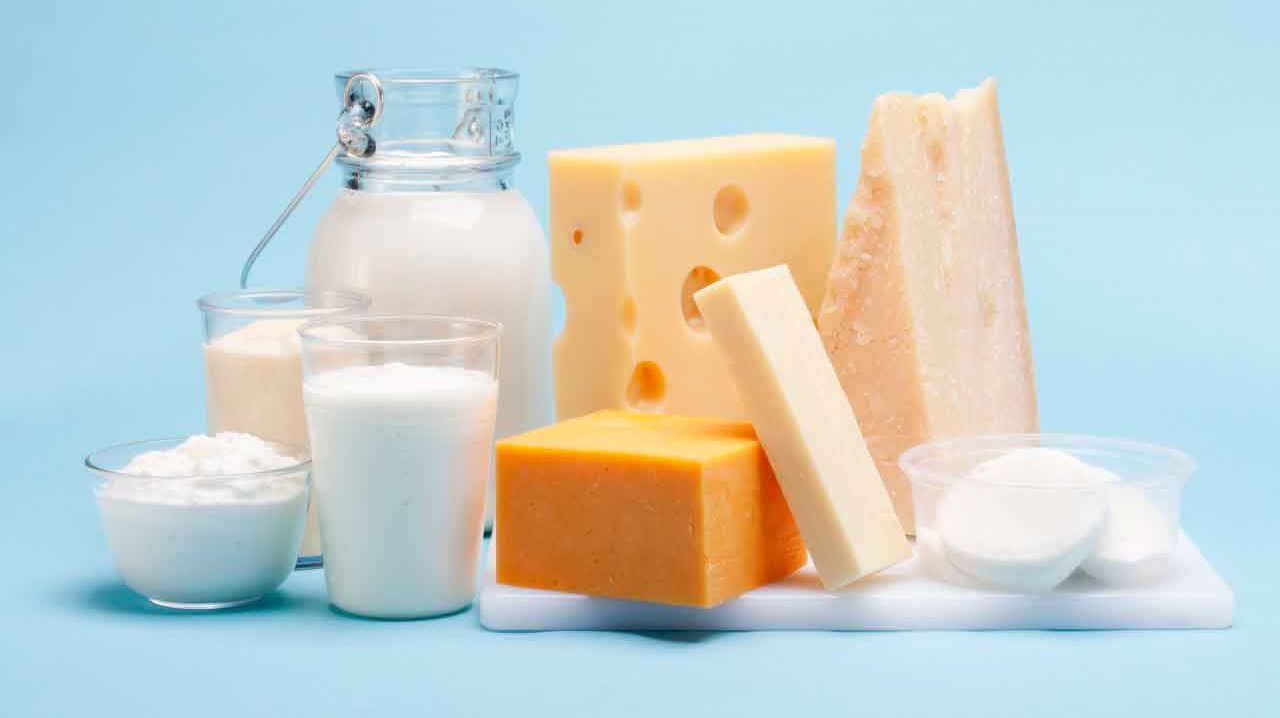Advice to Restrict Dietary Fats Wanes

Experts now say it’s fine to eat fat, as long you eat the healthy kind in moderation.
If you’ve been aware of advice over the last couple of decades concerning foods that are supposedly heart and waistline friendly, you’ve probably heard that low-fat or non-fat is the way to go. While these recommendations were no doubt well intentioned, researchers are now urging an opposite approach.
While eating a lot of anything will make you fat, regardless of how “healthy” it is, eating a lot of the right kind of fat, it turns out, can be good for you.
Current U.S. dietary guidelines say no more than 35 percent of your daily calories should come from fat. However, nutrition experts from the Friedman School of Nutrition Science and Policy at Tufts University and Boston Children’s Hospital have advised the Dietary Guidelines for Americans Committee (DGAC), a group of independent scientists convened by the federal government to analyze scientific literature on nutrition, to drop restrictions on how much total fat should be consumed.
In fact, for the first time since l980, the DGAC didn’t advise restricting total fat consumption in a technical report the group released earlier this year. So it won’t come as a surprise if the U.S. Department of Agriculture and the U.S. Department of Health and Human Services, agencies that look to the DGAC for guidance, also drop low fat recommendations in their Dietary Guidelines for Americans.
What’s driving this about face is a simple fact: There’s no evidence to back up the long accepted claims that more fat in the diet equals more fat in the arteries and more flab around the middle. It’s the kind of fat you eat that is most important.
“Placing limits on total fat intake has no basis in science and leads to all sorts of wrong industry and consumer decisions,” said Dariush Mozaffarian, MD, DrPH, dean of the Friedman School.
The push toward low-fat diets began in l980 when federal guidelines first recommended that mode of eating as the healthiest. Americans jumped onboard by eating more low-fat or non-fat products that tend to be loaded with refined grains and added sugars — a fact that may have added to the obesity epidemic.
“A growing body of research shows that refined carbohydrates increase metabolic dysfunction and obesity. Yet, foods rich in added sugars, starches and refined grains like white bread, white rice, chips, crackers and bakery desserts still account for most of the calories people eat,” said David Ludwig, MD, PhD, director of the New Balance Foundation Obesity Prevention Center at Boston Children’s Hospital. “Lifting the restriction on total fat would clear the way for restaurants and industry to reformulate products containing more healthful fats and fewer refined grains and added sugars.”
Instead of demonizing all fats, the DGAC recommends shifting emphasis to healthier diets with more fruits and veggies, whole grains, nuts, seafood, and beans and fewer meats, sugars, and refined grains.
When it comes to fats that still need to be avoided, beware of trans fats. They raise your bad (LDL) cholesterol, lower your good (HDL) cholesterol and raise your risk of developing heart disease, stroke, and type 2 diabetes.
Created artificially by adding hydrogen to liquid vegetable oils, trans fats are inexpensive to produce and last a long time, so they are used in many processed and fast foods. And they can be difficult to spot, even if you read labels.
For example, if you see the words “partially hydrogenated oils” on a product, that means it contains trans fat, even if the ingredients lists “0 grams of trans fat per serving,” the CDC warns. Nine percent of U.S. packaged foods sampled by the CDC contain these partially hydrogenated oils.
But there are plenty of healthy fats that can actually boost health. “Modern evidence clearly shows that eating more foods rich in healthful fats like nuts, vegetable oils, and fish has protective effects, particularly for cardiovascular disease,” Mozaffarian said.
“Other fat-rich foods, like whole milk and cheese, appear pretty neutral; while many low-fat foods, like low-fat deli meats, fat-free salad dressing, and baked potato chips, are no better and often even worse than full-fat alternatives. It’s the food that matters, not its fat content.” Keep in mind, however, that your body stores calories long-term as fat. If you eat more of anything than you should, regardless of what kind of food it is, you’re going to pack on more fat. All things in moderation may be a cliché, these days, but it’s also truthful.
YOU MIGHT ALSO LIKE: How to Understand Those Confusing Nutrition Labels
Updated:
March 02, 2020
Reviewed By:
Christopher Nystuen, MD, MBA